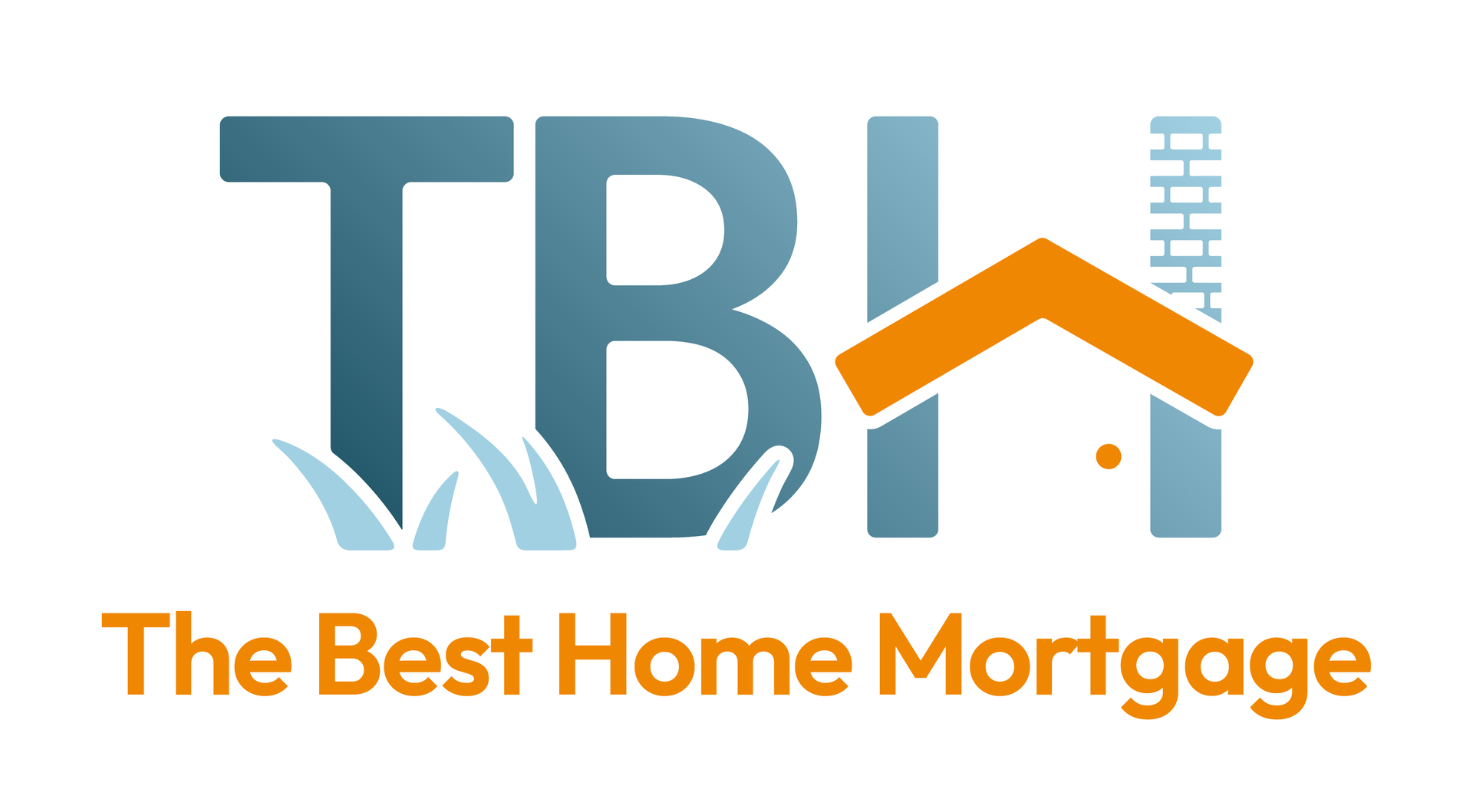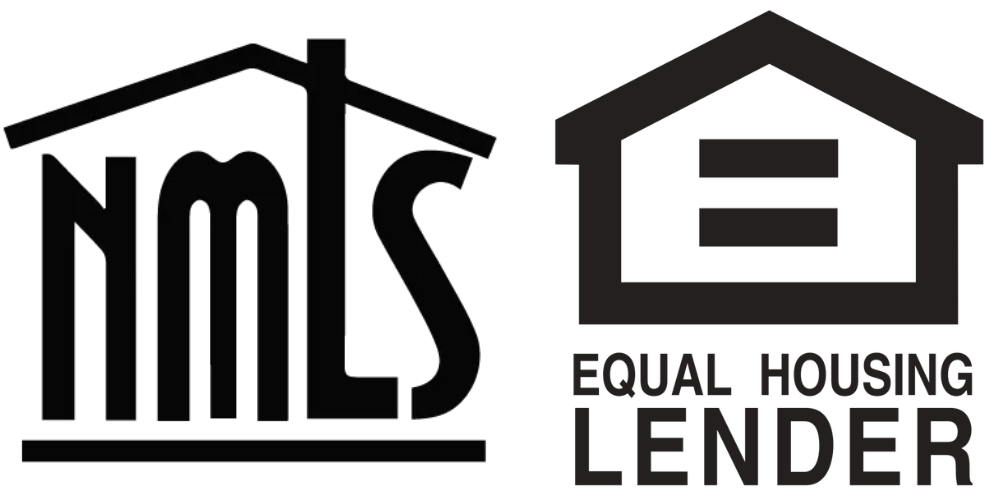Unlocking Financial Freedom: A Comprehensive Guide to Wisconsin Reverse Mortgages - Find the Best Lenders, Rates, and Requirements for Seniors
Many seniors in Wisconsin are looking for ways to secure their financial future and unlock financial freedom. A reverse mortgage can be a valuable tool in achieving this goal, allowing homeowners aged 62 and older to access their home equity and turn it into cash. In this comprehensive guide, we will explore the best lenders/credit unions, rates, and requirements for seniors in Wisconsin, providing important information to help make informed decisions about their financial future.

Key Takeaways:
- Reverse Mortgages Provide Access to Home Equity: Reverse mortgages allow seniors to access a portion of their home equity as cash, without the burden of monthly mortgage payments.
- Eligibility and Requirements: Seniors aged 62 and up, who own their home outright or have paid down a considerable amount, and continue to meet property tax and insurance obligations, may qualify for a reverse mortgage.
- Financial Planning Tool: When used responsibly, reverse mortgages can be a valuable tool for supplementing retirement income, covering expenses, and staying in the comfort of one's home in older age.

Is a Reverse Mortgage Right For You?
Your financial situation plays a crucial role in determining whether a reverse mortgage is the right choice for you. One key aspect to consider is your age, as borrowers must be at least 62 years old to be eligible for a reverse mortgage, as stated in the Context. Additionally, evaluate your home equity and current financial obligations to ensure that a reverse mortgage aligns with your long-term financial goals.
Evaluating Your Financial Situation
It is crucial to assess your financial needs and objectives before deciding on a reverse mortgage. Consider factors such as your retirement plans, healthcare costs, and overall financial stability.
Determine if accessing your home equity through a reverse mortgage is a viable option to achieve your financial objectives while maintaining a comfortable lifestyle.
Considering Alternative Options
For some individuals, alternative financial solutions may better suit their needs than a reverse mortgage. It's crucial to explore all available options, such as downsizing, tapping into retirement savings, or seeking financial assistance programs. It is recommended to consult with a financial advisor to assess the implications of each reverse mortgage option and make an informed decision based on your specific circumstances.

How a Reverse Mortgage Loan Works
The Basics of Reverse Mortgages
Any reverse mortgage allows homeowners aged 62 and older to access their home equity without making monthly mortgage payments. With a reverse mortgage, the lender makes payments to the borrower, which can be received as a lump sum, line of credit, monthly payments, or a combination.
Types of Reverse Mortgage Loans
Mortgage loans can come in various forms to suit different financial needs. Types of reverse mortgage loans include options such as lump-sum payouts, growing lines of credit, term or tenure payments, and reverse for purchase.
Understanding these reverse mortgage options is crucial for borrowers in selecting the right plan that aligns with their financial goals. Knowing the differences between these types enables borrowers to make informed decisions that best suit their unique situations.
Plan Description Lump-Sum Payout Take a substantial sum upfront to cover large expenses. Growing Line of Credit Establish a line of credit that grows over time for emergency expenses. Term or Tenure Receive fixed monthly payments for a designated term or as long as you live in the home. Reverse for Purchase Use a reverse mortgage to buy a new home without having to pay a monthly mortgage payment. Establish a Standby Line of Credit Have a line of credit ready to cover unforeseen future expenses.

The Reverse Mortgage Application and Approval Process
For reverse mortgage applications, borrowers must meet specific eligibility criteria, with the minimum age being 62 years old, owning the home outright or having substantial equity, and it must be their primary residence. The process involves a financial assessment, counseling session, and approval to ensure borrowers are capable of fulfilling the loan obligations. Understanding the application and approval process is crucial to successfully navigate the complexities of acquiring a reverse mortgage.
Who is Eligible for a Reverse Mortgage
Age and Residency Requirements
Once again, reverse mortgages are specifically tailored for individuals who are at least 62 years old and own their primary residence. This means that if you meet these age and residency requirements, you could be eligible to explore the benefits of a reverse mortgage loan.
Property Eligibility
For property eligibility, it's vital to ensure that your home is compliant with the Federal Manufactured Home Construction and Safety Standards, indicated by the HUD seal. Though mobile homes are generally not eligible for reverse mortgages, specific HUD-approved manufactured homes might meet the standards. A specialist can guide you in confirming your home's eligibility.
Requirements for property eligibility play a crucial role in the reverse mortgage process. Ensuring compliance with these standards will help determine your home's eligibility and maximum amount for a reverse mortgage.
Credit and Income Requirements
For credit and income requirements, a financial assessment is conducted to ensure borrowers can meet the financial obligations of the mortgage, which includes property taxes and homeowners mortgage insurance payments. This assessment helps assess your ability to manage the financial responsibilities associated with a reverse mortgage loan.
Understanding the reverse mortgage credit and income requirements is vital when considering a reverse mortgage loan. This assessment ensures that borrowers are financially prepared to fulfill the obligations of the loan, contributing to a more secure and manageable financial future.

Features and Safeguards
Non-Recourse Mortgage Loans
Unlike a conventional mortgage, reverse mortgages are considered non-recourse loans. This means that the borrower will never owe more than the house is worth when it is sold to repay the loan. In the event that the loan balance exceeds the home's value, the Federal Housing Administration (FHA) will cover the difference, providing an vital safeguard for borrowers.
Check out our online calculator!
Federal Insurance Protection
Safeguards are in place to protect reverse mortgage borrowers who opt for federally insured reverse mortgages. These loans are backed by the FHA mortgage insurance, ensuring that borrowers have added peace of mind knowing their financial investment is secure. In the event of unforeseen circumstances, such as the borrower passing away or leaving the property, the FHA steps in to provide insurance protection.
Loans insured by the FHA offer borrowers an added layer of security, assuring that their investment in a reverse mortgage is protected. This federal insurance protection provides borrowers with the confidence to access their home equity without the fear of financial risk.
Reverse Mortgage Counseling Requirements
For those considering a reverse mortgage, counseling requirements and acquiring a counseling certificate play a crucial role in the process. Before obtaining a reverse mortgage, borrowers must undergo a mandatory counseling session with an independent agency approved by the Department of Housing and Urban Development (HUD). This mandatory session ensures borrowers fully understand the terms and implications of a reverse mortgage.
Reverse Mortgage Requirements for counseling not only educate borrowers on the intricacies of reverse mortgages but also serve as a protective measure to prevent any potential misunderstandings or missteps. By completing the counseling, borrowers are equipped with the knowledge necessary to make informed decisions regarding their financial future.

What Type of Reverse Mortgage Loan Is Right for Me?
Once again, it's important to explore the various mortgage options available to determine the best reverse mortgage product to suit your needs. Let's examine the different types of mortgage options you may come across:
Reverse Mortgage Fixed Rate Loans
Loans with fixed interest rates mortgage options provide consistency and predictability. This type of loan may be suitable for those who prefer stable monthly payments and want to lock in a set rate for the duration of the loan term.
Reverse Mortgage Adjustable-Rate Loans
On the other hand, adjustable-rate mortgage loans offer flexibility as the interest rate can fluctuate based on market conditions. Borrowers may benefit from initial lower rates but should be prepared for potential increases in the future.
Another aspect to consider is that adjustable-rate mortgage loans typically come with a cap on how much the interest rate can adjust over time. This can provide a level of protection against significant rate hikes.

Jumbo Reverse Mortgages
Type of reverse mortgage loan that caters to those with high-value homes exceeding the HECM loan limits. Jumbo loans can provide access to a larger pool of funds for eligible borrowers with substantial home equity.
It is important to note that jumbo loans may have different eligibility requirements and loan terms compared to standard reverse mortgages, so it's advisable to thoroughly research and understand the implications before proceeding.
Proprietary Loans
To cater to specific needs, some lenders offer proprietary products that are not insured by the FHA. These loans may provide unique features or benefits tailored to individual circumstances, offering another avenue for accessing home equity.
Right fit for you will depend on your financial goals, home value, loan balance and personal preferences. Consulting with a reputable reverse mortgage professional can help guide you in selecting the most suitable loan type for your situation.

Finding the Best Reverse Mortgage Lenders and Rates
Researching Lenders
Lenders are a crucial aspect of the reverse mortgage process. When researching lenders, and searching for the best reverse mortgage companies, in the reverse mortgage industry, it's crucial to look for ones with a strong reputation, experience in reverse mortgages, and excellent customer service. Be mindful of costs associated with the loan (origination fee). Check reviews, compare rates, ask for recommendations from trusted sources, and ensure the lender is licensed and accredited.
Comparing Reverse Mortgage Program Rates and Fees
When you compare rates and fees for most reverse mortgages, in search of the best reverse mortgage companies, it's vital to consider both the interest rate and any associated monthly servicing fees. Use the table below to compare different lenders based on their rates and fees. This will help you make an informed decision and choose the option that best suits your financial situation.
Working with a Reverse Mortgage Broker
One option for finding the best lender/loan officer and rates is to work with a reverse mortgage broker. These professionals can help you navigate the complex world of reverse mortgages, compare different lenders, and find the best rates for your specific needs. They act as intermediaries between you and lenders, simplifying the process and ensuring you make an informed decision.

Meeting the Requirements for Seniors
All seniors who are interested in obtaining a reverse mortgage in Wisconsin must meet certain requirements to qualify for this type of loan. These requirements are important to ensure that the borrower can sustain the financial obligations of the loan and protect the interests of both the borrower and the lender.
Income and Asset Requirements
Seniors applying for a reverse mortgage in Wisconsin will need to meet specific income and asset requirements to be eligible for the loan. The lender will review the borrower's financial situation to ensure they have enough income and assets to cover property taxes, insurance, and maintenance costs.
Property Maintenance and Taxes
Requirements surrounding property maintenance and taxes are crucial for many borrowers considering a reverse mortgage in Wisconsin. It is important that borrowers continue to pay property taxes and homeowners' insurance, as well as keep the house (single family homes/multi family homes) in good repair to avoid defaulting on the loan.
Healthcare and Long-Term Care Considerations
All seniors looking into reverse mortgages must consider their healthcare and long-term care needs when evaluating this financial option. It is important to assess how a reverse mortgage may impact access to healthcare services and long-term care, as well as how it can supplement income to cover these expenses.
Understanding the requirements and considerations for seniors applying for a reverse mortgage in Wisconsin is important to make an informed decision about this financial product. By carefully meeting the income and asset requirements, maintaining property and taxes, and considering healthcare and long-term care needs, seniors can determine if a reverse mortgage is the right choice for their financial situation.

To Wrap Up
This approved reverse mortgage comprehensive guide on Wisconsin reverse mortgages has provided valuable insights into how seniors can unlock financial freedom through this unique financial tool. By understanding the lenders, competitive rates, and requirements associated with reverse mortgages, seniors in Wisconsin can make informed decisions to supplement their retirement income and achieve a more secure financial future. With the assistance of reputable lenders/mortgage professionals and the knowledge gained from this guide, seniors can navigate the complexities of reverse mortgages and their loan options with confidence and clarity.
It is vital for seniors to carefully consider their individual circumstances and goals before delving into the world of reverse mortgages, ensuring that this financial option aligns with their overall financial strategy. Choosing the right lender, understanding the rates, and meeting the necessary requirements are crucial steps towards utilizing a reverse mortgage effectively and responsibly. In the journey towards financial security in retirement, knowledge is power, and this guide serves as a valuable resource for seniors exploring the option of a reverse mortgage in Wisconsin.
FAQ
Q: What is a reverse mortgage?
A: A reverse mortgage is a type of loan that allows homeowners, typically aged 62 or older, to access a portion of their home equity as cash.
Q: How does a reverse mortgage differ from a traditional mortgage?
A: Unlike a traditional mortgage where borrowers make monthly payments to the lender, with a reverse mortgage, the lender makes payments to the borrower. This means no monthly payments for the borrower.
Q: Who is eligible for a reverse mortgage or a home equity conversion mortgage?
A: To be eligible for a reverse mortgage, the minimum age is 62 years old, own your home outright or have paid down a significant amount, and use the home as your primary residence.
Q: What are some common uses for the funds obtained through a reverse mortgage?
A: Some common uses for reverse mortgage funds include paying off an existing mortgage, covering medical bills, financing home repairs and renovations, and supplementing income in retirement.
Q: How is a reverse mortgage repaid?
A: A reverse mortgage is typically repaid when the last borrower, or eligible non-borrowing spouse, leaves the house or passes away. The home is sold, and the proceeds are used to repay the loan.
Q: Are social security benefits impacted by a reverse mortgage?
A: No, social security benefits are not impacted by a reverse mortgage. The funds from a reverse mortgage, including mortgage interest, are considered loan proceeds and not income.
Q: How can someone determine if a reverse mortgage is right for them?
A: To determine if a reverse mortgage is suitable, individuals can seek guidance from a qualified financial advisor, undergo reverse mortgage counseling, and carefully assess their financial situation and goals.



